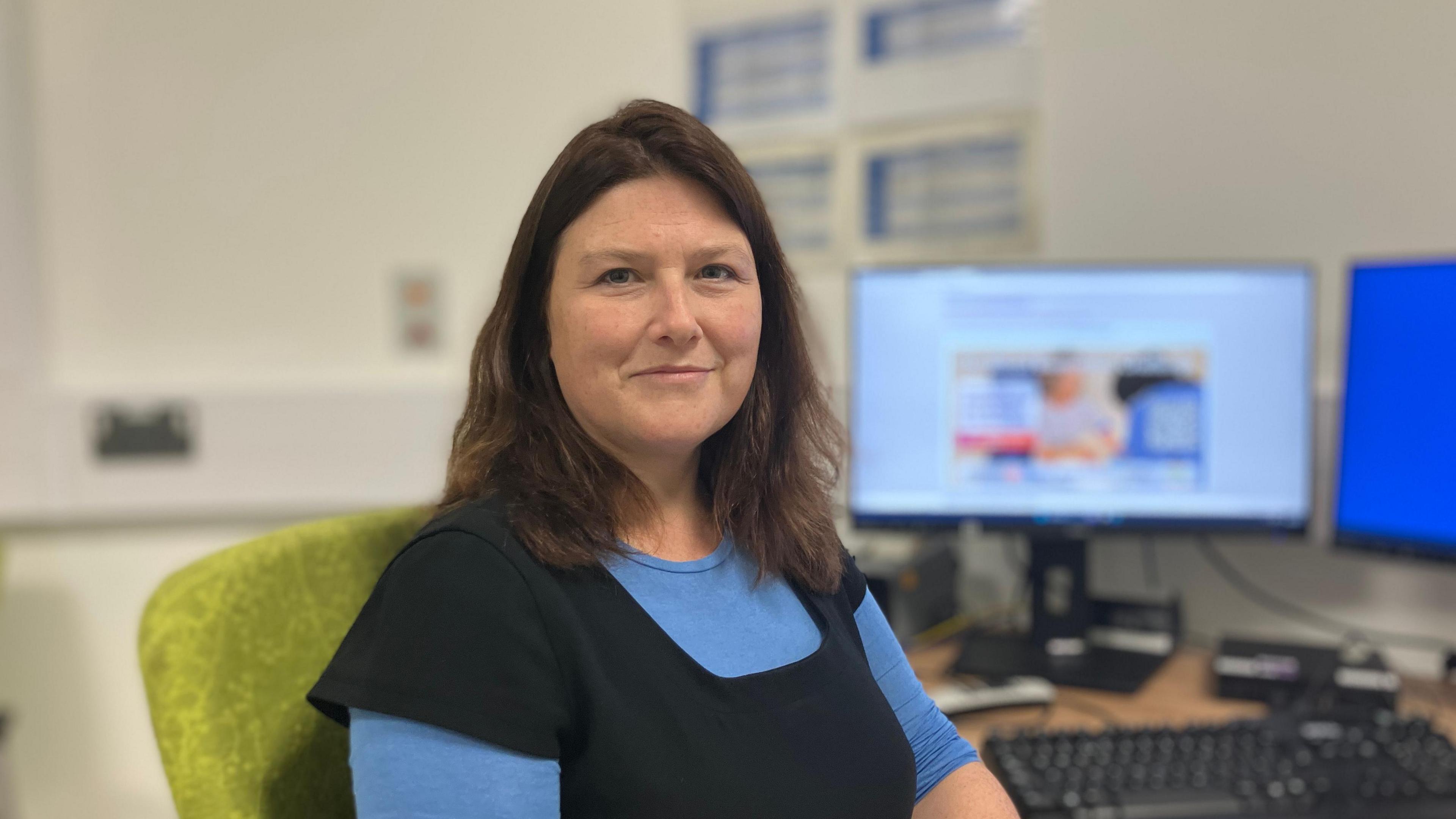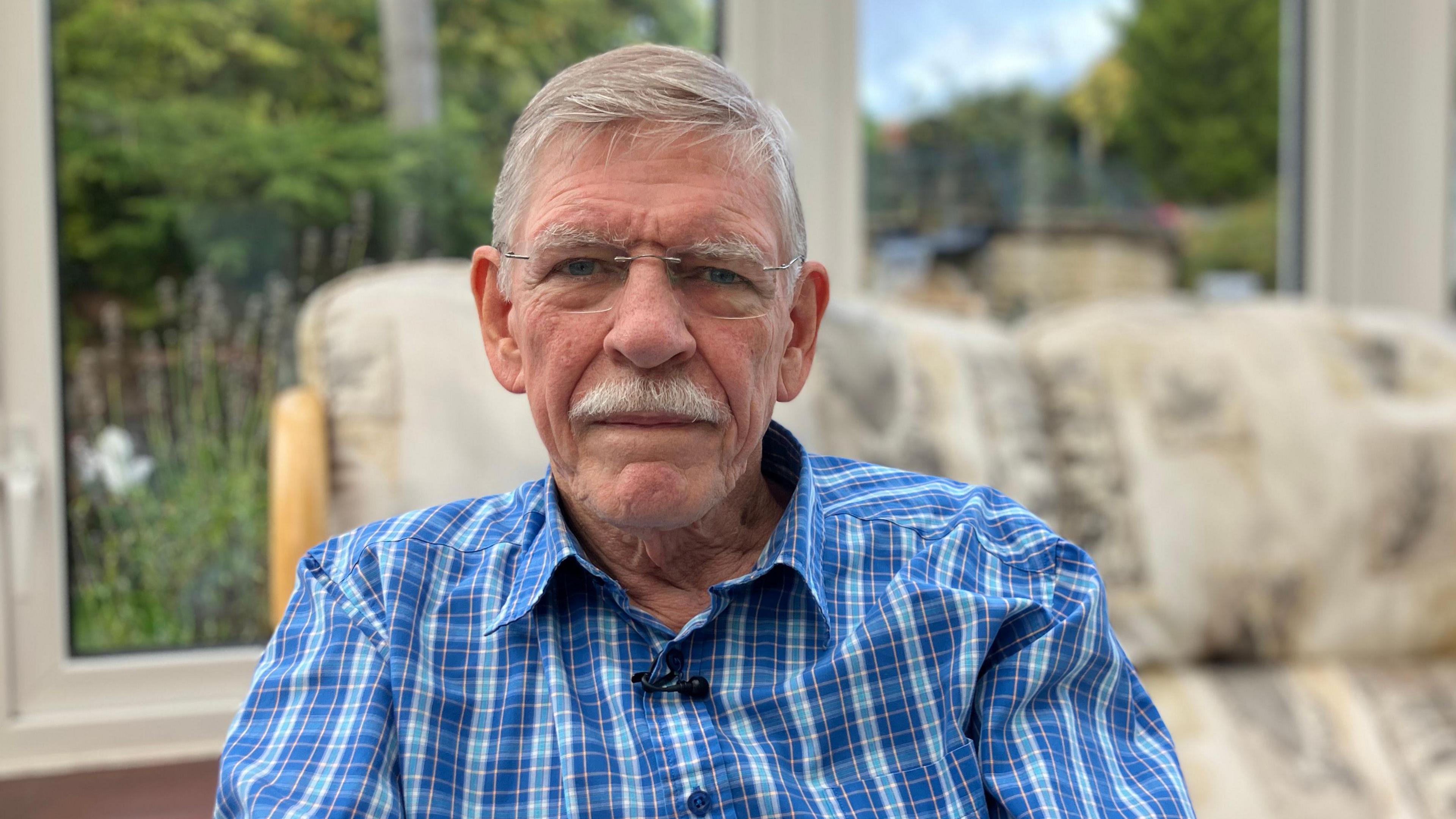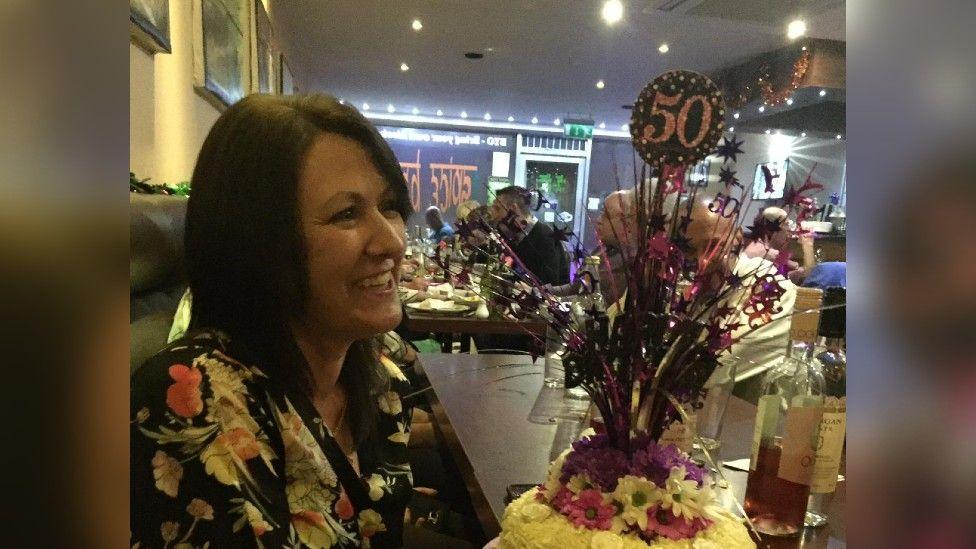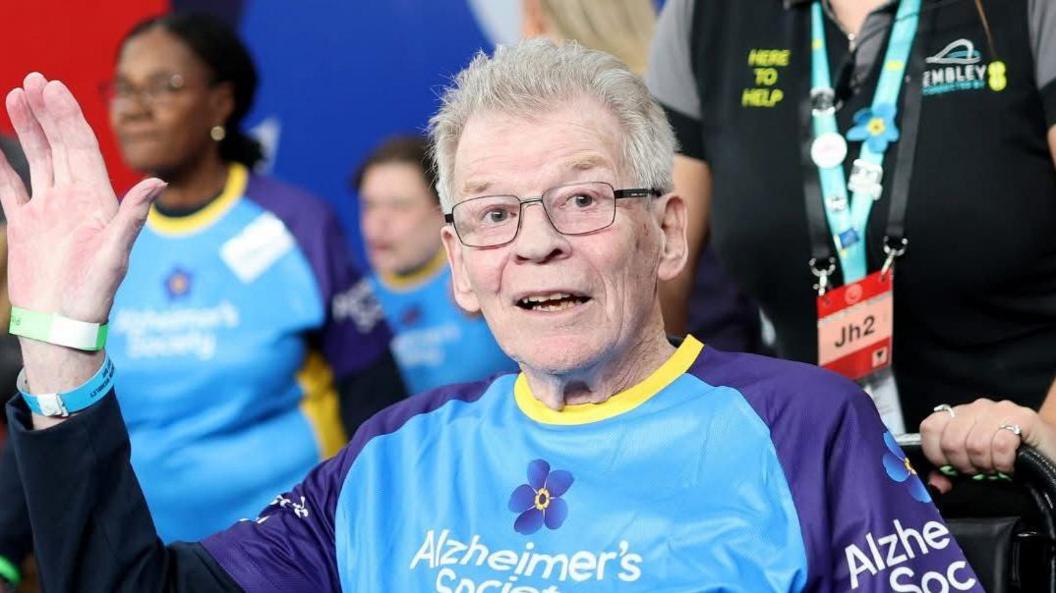Blood tests 'could revolutionise dementia diagnosis'

Prof Elizabeth Coulthard, from the University of Bristol, helped to develop the blood tests study
- Published
A trial looking into the potential of new and existing blood tests to diagnose people with dementia could "revolutionise" care.
Despite new drugs for the memory loss condition being developed, about a third of people with dementia in the UK do not have a diagnosis, which means they cannot be treated.
This is something the trial at the North Bristol NHS Trust, working with Bristol University, aims to address.
Prof Elizabeth Coulthard said: "Every week I see patients who want to know why their memory is not as good as it used to be. Only with better diagnosis can we develop and deliver new treatments that will offer hope to millions of people."
Martin Short, taking part in the trial, said if he could find out why is he struggling to remember certain things by undergoing a blood test, it would be brilliant. The 79-year-old noticed his memory was deteriorating over the last few years.
"If I can find that out by a simple blood test, that either there's nothing to worry about, or perhaps we should look at this more deeply. If that gives people the ability to do that, it's brilliant," he added.

Mr Short said the new tests will give people more options
Dr Sheona Scales, director of research at Alzheimer's Research UK, said for patients "fixing a diagnosis is an absolute priority for them and their families".
"For them, getting an early and accurate diagnosis of dementia means they can access the resources they need.
"Getting a diagnosis through something as simple as a blood test could revolutionise the way we diagnose dementia here in the UK," he added.
The initiative is led by the READ-OUT research team at Dementias Platform UK (DPUK) and part of the Blood Biomarker Challenge, a programme supported by Alzheimer's Society, Alzheimer's Research UK and People's Postcode Lottery.
Prof Elizabeth Coulthard, from Bristol University, said: "We urgently need to revolutionise the way we diagnose people in this country - it will be nothing short of disastrous if people are unable to get a diagnosis early enough to benefit from new drugs."
The trial will be looking at biomarker blood tests which can provide evidence that a person has a disease or is at risk of developing it.
Researchers are now urging people across Bristol to sign up for the trial.
Get in touch
Tell us which stories we should cover in Bristol
Follow BBC Bristol on Facebook, external, X, external and Instagram, external. Send your story ideas to us on email or via WhatsApp on 0800 313 4630.
Related topics
- Published28 June

- Published10 October

- Published16 October
